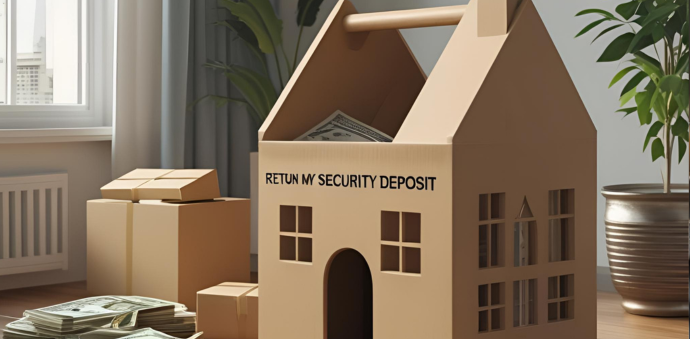
Dealing with a landlord who won't return your security deposit after you move out is frustrating and can feel unfair especially when you left the rental clean and paid your rent on time. If you find yourself in this situation, know that you have rights and clear steps you can take to recover your money.
This post outlines what you should do when your landlord refuses to return your security deposit, how to strengthen your case, and how to get help if needed.
Most renters pay a security deposit at the start of their lease. This deposit is meant to cover extraordinary damage, unpaid rent, or lease violations not normal wear and tear. Legally, landlords must return your deposit within a specific timeframe (often two to six weeks after you move out, depending on your local laws), minus valid deductions with an itemized statement.
Common valid deductions include:
If the landlord deducts from or keeps your deposit, they must provide a written statement explaining why.
Start by asking your landlord in writing for the full return of your security deposit. Clearly state your former rental address, the date you moved out, and the amount you are owed. Request a detailed explanation of any deductions if not already provided.
Collect and organize:
If your informal request is ignored, send a formal demand letter. This letter should:
Keep copies for your records and consider sending it by certified mail.
Sometimes, a direct conversation or negotiation results in a quick solution. If your landlord is open to discussion, try to resolve any disagreements amicably.
You worked hard to maintain your home and fulfill your lease. Don’t let a landlord’s refusal to return your security deposit go unchallenged.
Contact us today for a free consultation. Our dedicated tenant rights team will help you understand your local laws, review your documents, write a strong demand letter, and support you through the legal process if necessary.
Don’t give up on your rightfully earned security deposit reach out now for expert help and peace of mind!